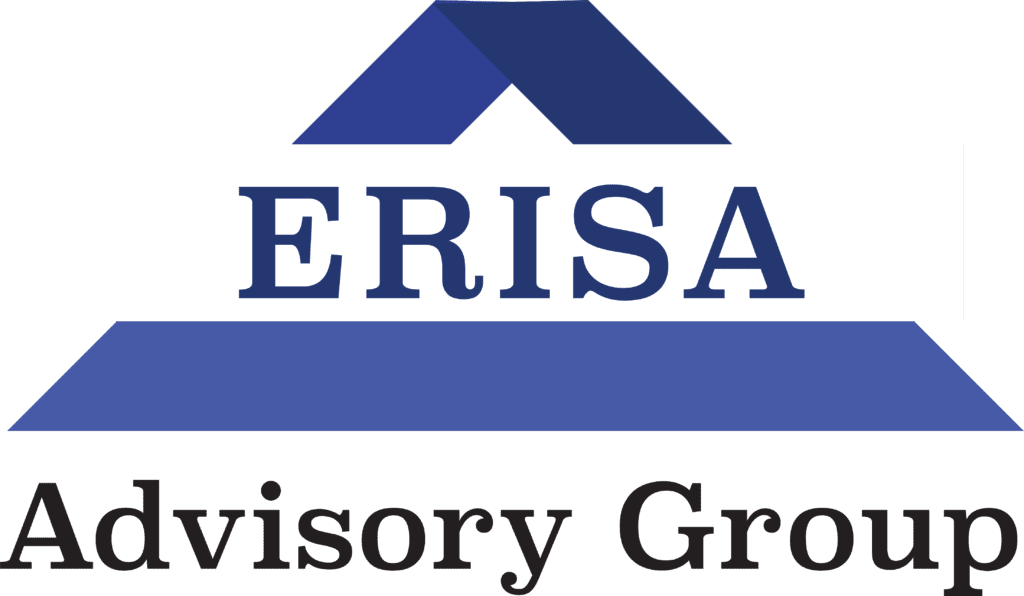Rising Scrutiny on Health and Welfare Plan Fiduciaries: Key Legal Cases and Best Practices
In recent years, there has been a notable increase in lawsuits targeting health and welfare plan fiduciaries, reflecting a heightened scrutiny on the decisions made by these fiduciaries. The year 2024 has already seen two significant cases that highlight this trend:
- Johnson & Johnson Class Action: This lawsuit involves allegations of excessive prescription drug costs and a failure to effectively monitor plan costs. The plaintiffs argue that the fiduciaries did not act in the best interest of the plan participants and beneficiaries.
- Charlotte-Mecklenburg Hospital Authority Lawsuit: This case challenges the selection of MedCost as a third-party administrator for its health plan. The plaintiffs allege that the fees charged were unreasonable and that there were conflicts of interest, as MedCost is partially owned by Atrium, the entity managing the plan.
These cases underscore the importance of fiduciaries adhering to the #1 rule every ERISA fiduciary must follow: ensuring that all decisions are made in the best interest of plan participants and beneficiaries. To mitigate the risk of litigation, consider implementing the following best practices:
- Establish and Document Prudent Fiduciary Processes: Develop and maintain a thorough, documented process for making fiduciary decisions.
- Monitor and Benchmark Plan Service Providers: Regularly review and compare fees and services to industry standards to ensure reasonableness.
- Ensure Transparent Fee Structures: Disclose all fees, including any indirect compensation, to plan participants.
- Solicit Competitive Bids: Periodically seek bids from multiple service providers to ensure competitive pricing and quality service, typically every 3-4 years as required by the Department of Labor.
- Comply with CAA Requirements: Adhere to the Consolidated Appropriations Act’s provisions, including no-surprise billing and price transparency.
- Implement Fiduciary Training: Provide regular training to fiduciaries on their responsibilities and the latest regulatory requirements.
- Conduct Regular Audits of Service Provider Contracts: Perform audits to review the performance and compliance of service providers.
- Establish a Fiduciary Committee: Create a committee dedicated to overseeing the plan’s administration and fiduciary responsibilities.
- Negotiate Service Agreements: Ensure service agreements include performance guarantees and clearly define fee structures and service expectations.
Additionally, consider engaging experts to review plan fees, services, and fiduciary processes to provide an unbiased assessment and recommendations for improvements.
With 29 years of expertise, the ERISA Advisory Group excels in managing ERISA fiduciary issues for plan sponsors and fiduciaries. We invite you to reach out and let us share our knowledge and experiences with you.












